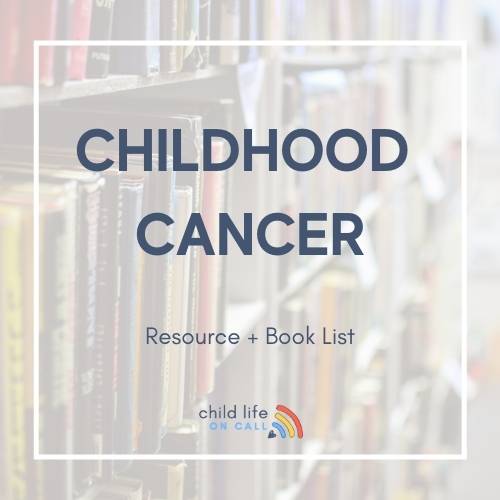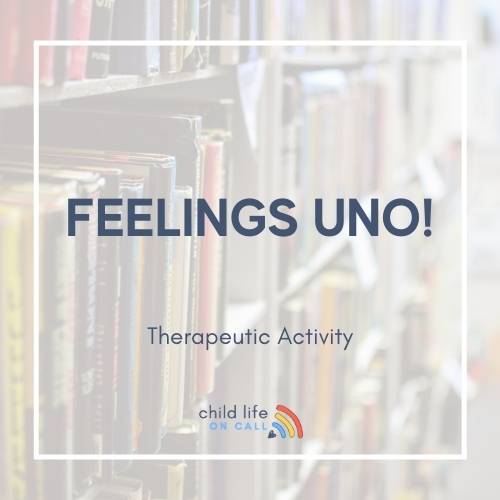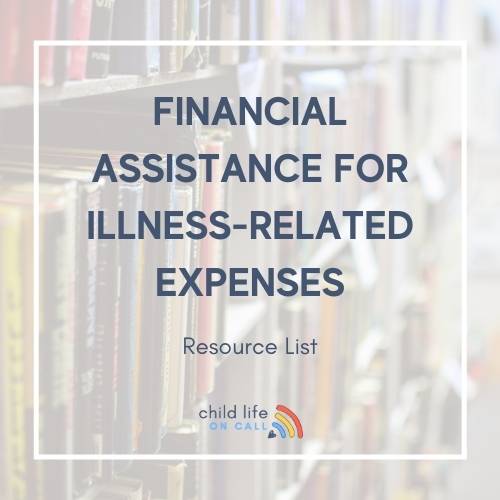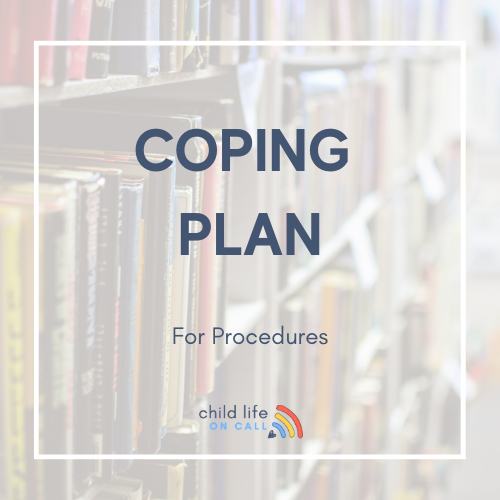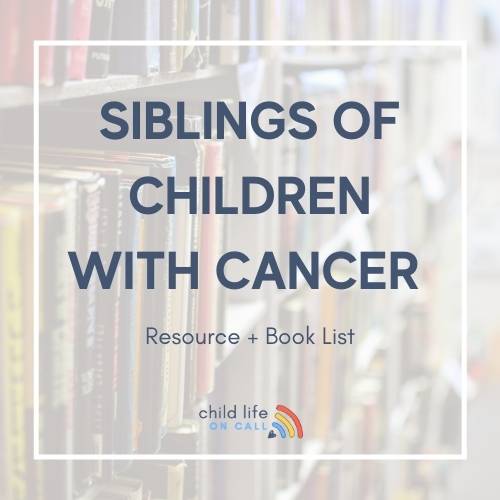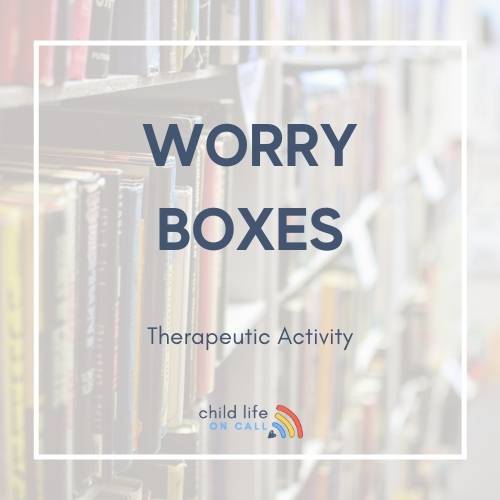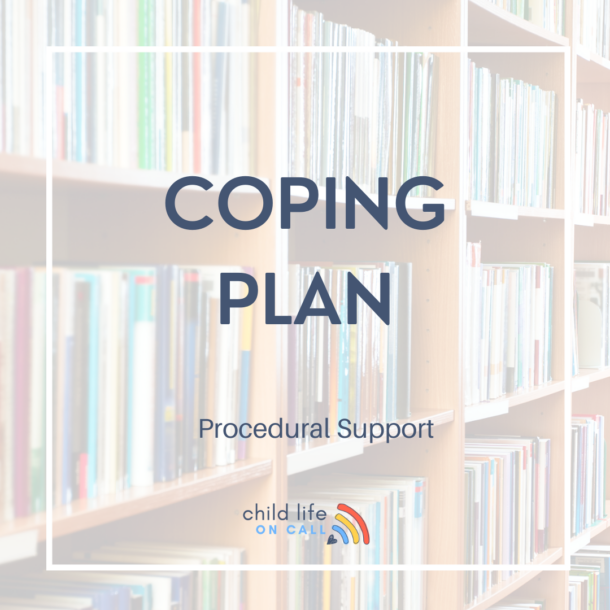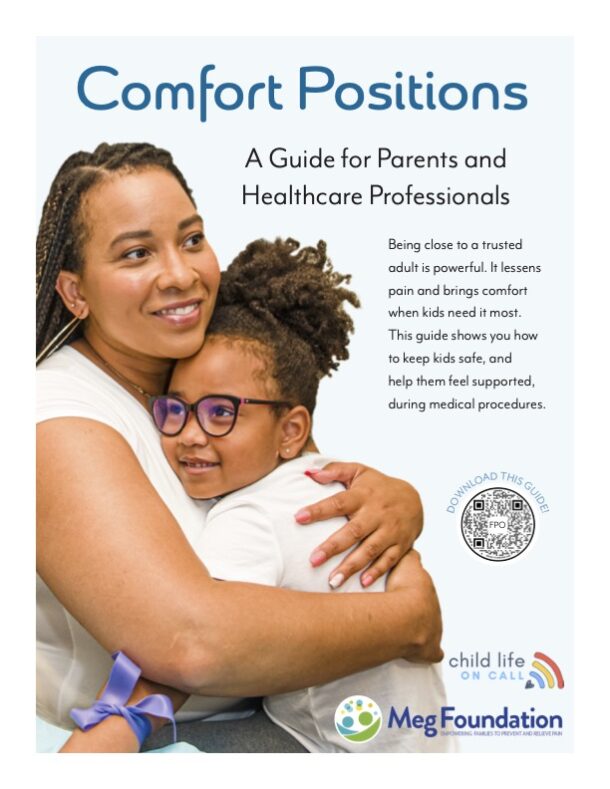Yup. It’s another theory post. Last time I touched on how to incorporate theory into your essays and a little bit about utilizing theory when working with kids (check it out here). This week, it’s all about interview prep. Whether you are interviewing for practicum, internship, a volunteer position, or a child life assistant role, the ability to speak about theory is going to be crucial.
Why is this? As we meet kids and families, we need a guide or a framework to help us in our planning and interaction with children. We know that children all develop at different speeds, but we need some sort of foundation to determine how we enter a room, what questions we ask, how to speak to children. Theory doesn’t just touch on child development, but also on how families interact and communicate. The family stress theory and ecological theory can serve to be important foundations for practice as well.
We serve families best when we can have a foundation for working with them. Then, building off of this foundation we can create individualized plans that meet children and families where they are at.
So, how do we do this? I want you to talk it out. Many students write and read about theory constantly. But when they have to verbally discuss why they would offer certain activities to a three year old, all of this knowledge get’s jumbled up and they tend to have a hard time talking about it.
Talk about it with anyone who will listen. Teach your parents about Erikson, talk to your dog about Piaget, apply ecological theory to your own life. The more you talk about it, the more fluid it will become and the more knowledgeable you will portray yourself in an interview.
Many people ask me, do I need to state the theorist and the stage in my answer? As with most interview questions, it depends! Some places will specifically ask you for a theorist and a stage. Some will ask you your favorite theorist or what theorist you feel best aligns with the child life profession. In those instances, yes, please tell us the facts!
But what about more vague questions such as, what toys or activities would you offer to a 6 year old and why? I find that if you can weave in developmental terms and knowledge, it comes across as much more confident and fluid rather than rehearsed. This comes with practice.
To summarize…
- Take out all of those old notes and textbooks from your classes
- Think about your experiences with kids
- Talk it out!

